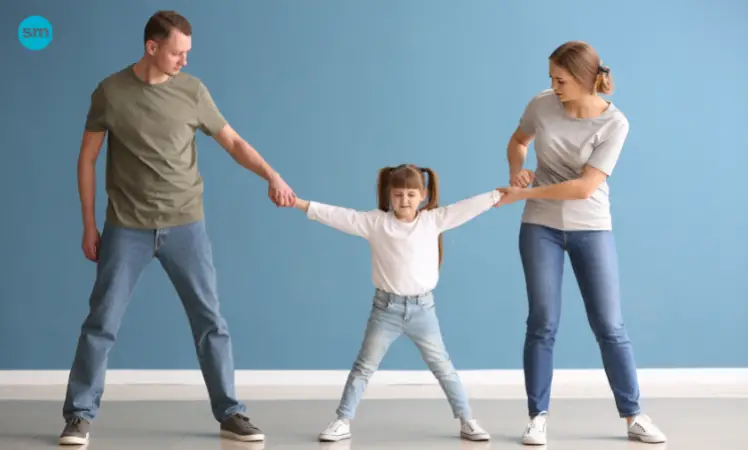Last Updated on January 23, 2024 by Lori Pace
It is important to understand the possible outcomes of child custody cases. There are two types of custody, with different versions for each. These are legal and physical custody. But in this article, we will focus more the physical one.
You should know that physical custody does not mean full responsibility for the child. While physical one refers to the parent with whom the child lives, legal custody encompasses the parent who makes the major decisions about the child’s future. This includes making religious and medical decisions as well as for deciding where the child will attend school.
Before you start the child custody case, it is important to discuss and consider all possible outcomes in physical custody.
Sole Custody
Parents who have sole custody of their child will receive full custody of both the legal and physical aspects of the child’s life. In short, his means the child will live with the custodial parent. They can also decide where the child goes to school, healthcare, and what extracurricular or religious activities the child chooses to participate in.
Often, sole custody is granted because one parent is deemed unsuitable for the child. This could be due to their absence or possible abuse or neglect. You will need to present a compelling argument as to why you are the best choice for the children if you want sole custody.
Sole Physical Custody
This scenario is similar to complete sole custody except that the child lives with one parent or guardian, known as the primary custodial parent. This does not include sole legal custody, which is a key distinction. This means that one parent will be responsible for the physical residence of the child while both the parents will share responsibility for the legal needs of the child.
If the parents share legal custody, the child lives in the physical custodian’s home at least 50% of the time. One parent may have sole physical custody, however, the other still has visitation rights.
Split Physical Custody
Split physical custody is another option. This allows both parents to share the responsibility for providing a home for the child. Split legal custody is granted to one parent when the other has sole physical custody. However, this does not mean that legal custody will be split.
This type of custody is usually granted and agreed upon through an amicable split. Unless the court finds cause to do so, the process is relatively smooth for both parties. This is often denied if one parent is not able to comply with the terms.
Joint Physical Custody
With a few key differences, joint physical custody is similar in many ways to split custody. Joint custody or shared custody is often more amicable than split custody. Judges are increasingly refusing to grant split custody and favoring joint custody.
The parents will set up a schedule so that their children can see them almost equally. Both parents will need adequate living space, a school district that is agreed upon, and child support agreements. While this arrangement is ideal for the child/children as they see their parents frequently, it can also be detrimental to their lives as their lives are constantly changing.
Physical Custody With Visitation
Nearly all the above cases mentioned result in some visitation. However, we are referring to a situation in which one parent has sole custody and the other receives set visitation hours. This usually happens with very strict hours and days. This is a common scenario in which one parent has the child oftentimes.
This scenario works best when one parent has a stable home or when the other parent is moving into a new location and is not ready for the child to move in.
In Summary
Legal custody has its rules and is different from the physical one. If you don’t have the necessary legal knowledge, it is a good idea to consult an experienced attorney before you take action or file a case for child custody. It’s important to remember that custody is determined by how many overnights the child spends in each house. So, it’ and not just by hours of visitation. The parent who spends more time with their child, will have lesser child support obligations and get more parenting time they deserve.



